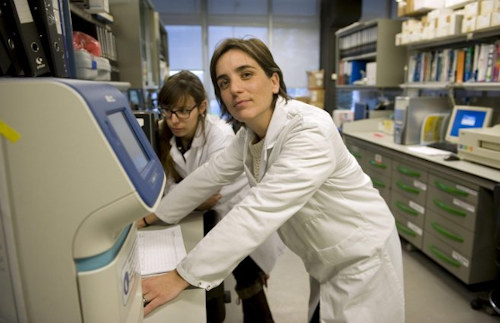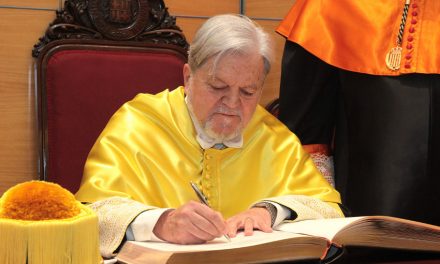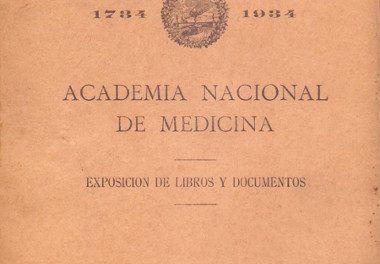Núria Montserrat, a researcher at the Catalan Institution for Research and Advanced Studies (Icrea) and the Institute of Bioengineering of Catalonia and an elected academician of the Royal European Academy of Doctors-Barcelona 1914 (RAED), has been recognized with the Iñigo Álvarez de Toledo Prize to Basic or Experimental Research, awarded by the Renal Foundation Íñigo Álvarez de Toledo, for her work “Fine tuning the derivation of kidnay organoids from hyuman pluripotent stem cell”, where she explains how her research group has managed to create by first time three-dimensional cultures, known among the scientific community as organoids, from pluripotent stem cells. These structures resemble human kidney embryonic tissue during the second trimester of pregnancy.

Dr. Nuria Montserrat
The work reveals that these three-dimensional cultures mimic fundamental aspects during kidney formation, such as the distribution, functionality and specific organization of cells. Likewise, the study allows to generate a fundamental knowledge about how this organ develops and, in turn, facilitates the design of experiments focused on the screening of therapeutic compounds destined for renal regeneration. To carry out this process, the researchers, mostly women, have used pluripotent stem cells with which they have managed to recapitulate the embryonic development of the kidney and have generated the mini-kidneys simulating the hardness of the embryonic microenvironment through the use of biomaterials following the studies of the renowned Spanish biologist Juan Carlos Izpisúa.
The Renal Foundatio Íñigo Álvarez de Toledo is a non-profit organization that works for the well-being and quality of life of kidney patients. In its four decades of activity, it has given its support to patients whose life is affected in every way: health, personal, social, economic and labor. Their needs go far beyond medical treatment, and to assist them comprehensively, they have professionals who make up complete multidisciplinary teams: doctors, nurses, nutritionists, psychologists, assistants, social workers and sports technicians. In addition to its work in the 16 dialysis centers it has in Spain, the Foundation encourages nephrological research to progress in the prevention and cure of kidney diseases. It also has its own research entity: the Reina Sofía Research Institute.
To her research work, Montserrat adds her work as a scientific disseminator and is the curator of the City and Science Biennial held in Barcelona focused on young researchers under the title “100tífiques”. The initiative aims to give visibility to the relevance of women in science and technology, both in public and private research, and especially motivate girls, but also boys, to study science and technology.




